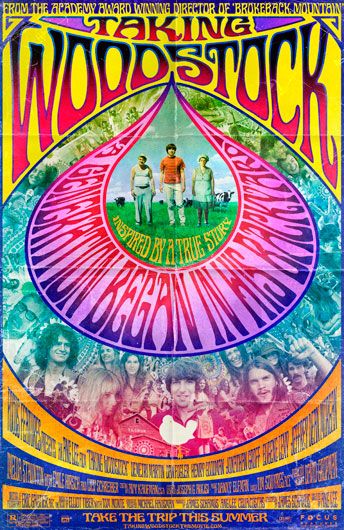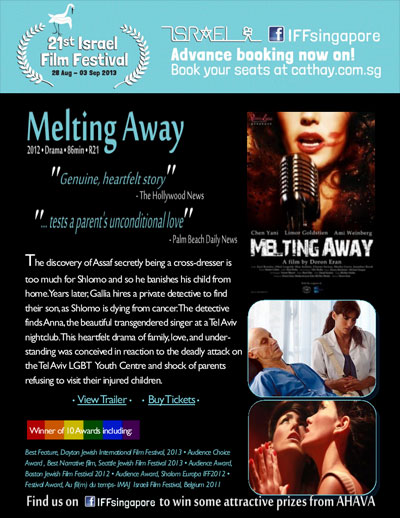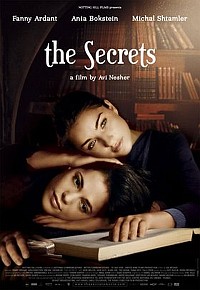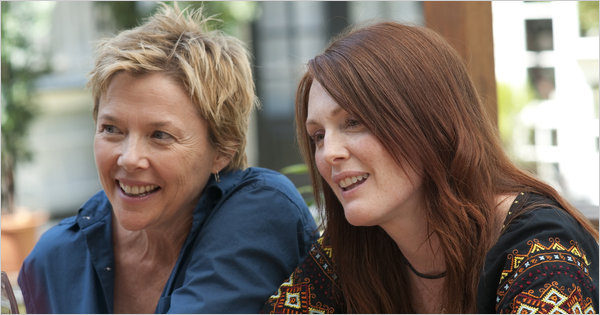
The original Woodstock Festival took place in 1969 and was later known as a pivotal cultural moment in history. It originated as a corporate venture that brought great artists together in front of a 500,000-strong audience. In 1970, a documentary was made about the music festival. Elliot Tiber, the man who offered the use of his family property to the festival’s organisers, published his story in 2007. Subsequently, Ang Lee (of Brokeback Mountain fame) based his movie Taking Woodstock on Elliot’s memoir.
This, of course, I learnt from Wikipedia. Yes, I am unfortunately quite bereft of music history knowledge and shockingly clueless about the hippie subculture. Fortunately for me, I found the movie quite accessible, and I think that Ang Lee was throwing the net wide, allowing those of us who may not know their pop culture history to have their heartstrings tugged by a simple, human story.
Taking Woodstock is, at heart, the timeless, tireless tale of a young man’s journey. While putting together the music festival, Elliot also finds freedom and courage, and we gradually get to know him, his family, the circumstances surrounding his life and what it could have been like for a gay man growing up in those times. Demetri Martin gives a believable, heartfelt performance as Elliot, so I was surprised to hear that he is mostly known for being a comedian. The entire cast delivers a stellar show, from the excellent Liev Schreiber as the crossdressing Vilma to Elliot’s inimitable parents. The storytelling is fairly well-paced, with a good mix of comedy and drama that keep the slower scenes at the beginning interesting.
With so much going on in the foreground, the actual music of Woodstock becomes mere backdrop. Ang Lee’s Woodstock is far from a documentary about the times, or even about Woodstock itself. I would prefer to call it a portrait of the emotional life of the times. The movie brings home the peripherals of Woodstock, personalising the environment and culture without trying to show what many would call the heart of it – the music. For me it was like a sepia photograph, giving a layer of reality to the sixties without taking the tint of nostalgia from it. This was perhaps the filmmaker’s recognition that no one could capture the grandeur of such a cultural icon.
As a portrait, I thought it was very successful. I caught a glimpse of a bohemian laissez-faire, an idealistic attitude to life that wasn’t afraid of being spiritual, trying new things, being different or just being. The movie shows us the beauty of an era that was ripening into a particular brand of individualism and an increased acceptance of LGBT people in the world.
Taking Woodstock clearly celebrates the hippie culture, although it does raise some possibly problematic issues such as drug and alcohol use. LGBT viewers may also be able to relate to Elliot’s closeted situation and the tug between familial obligation and being true to yourself.
I enjoyed the movie a lot for what it is, a sweet and funny confection that opens up a world of ambiguous promise.




